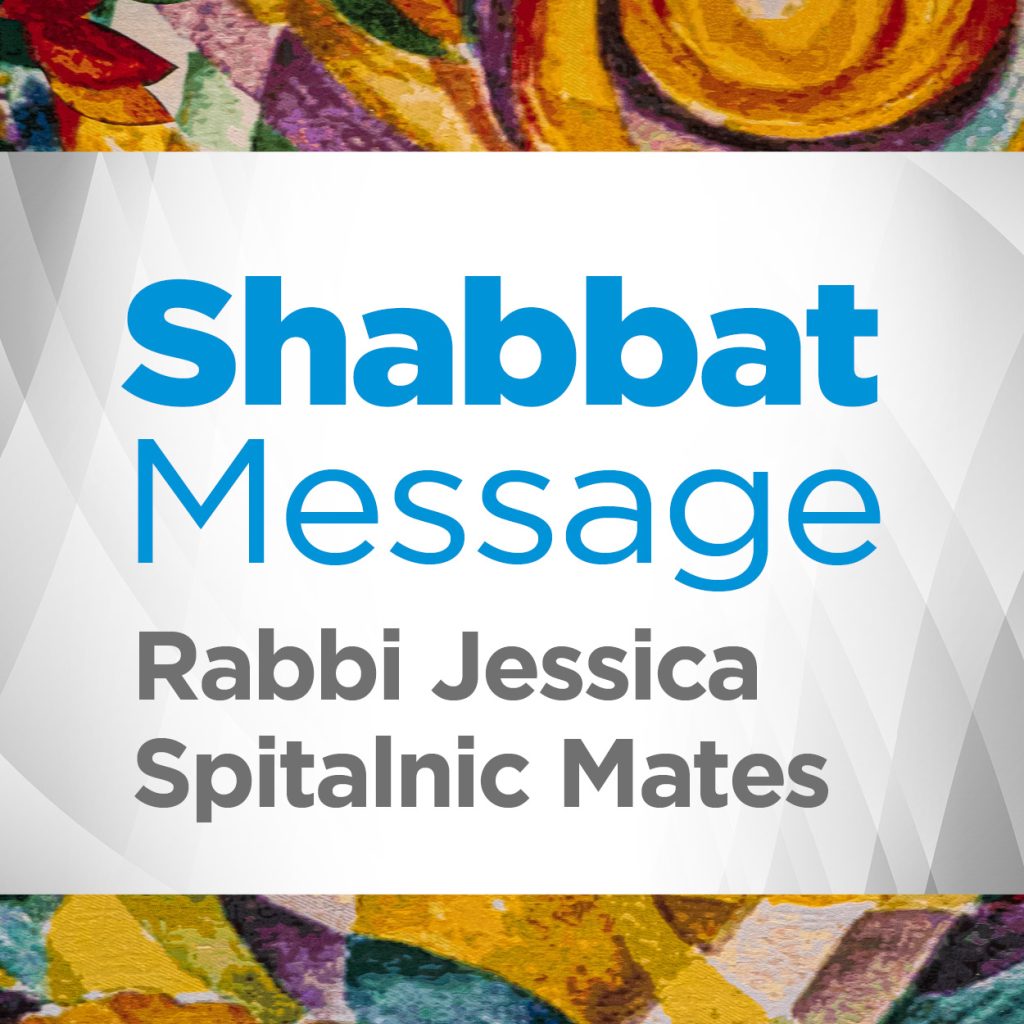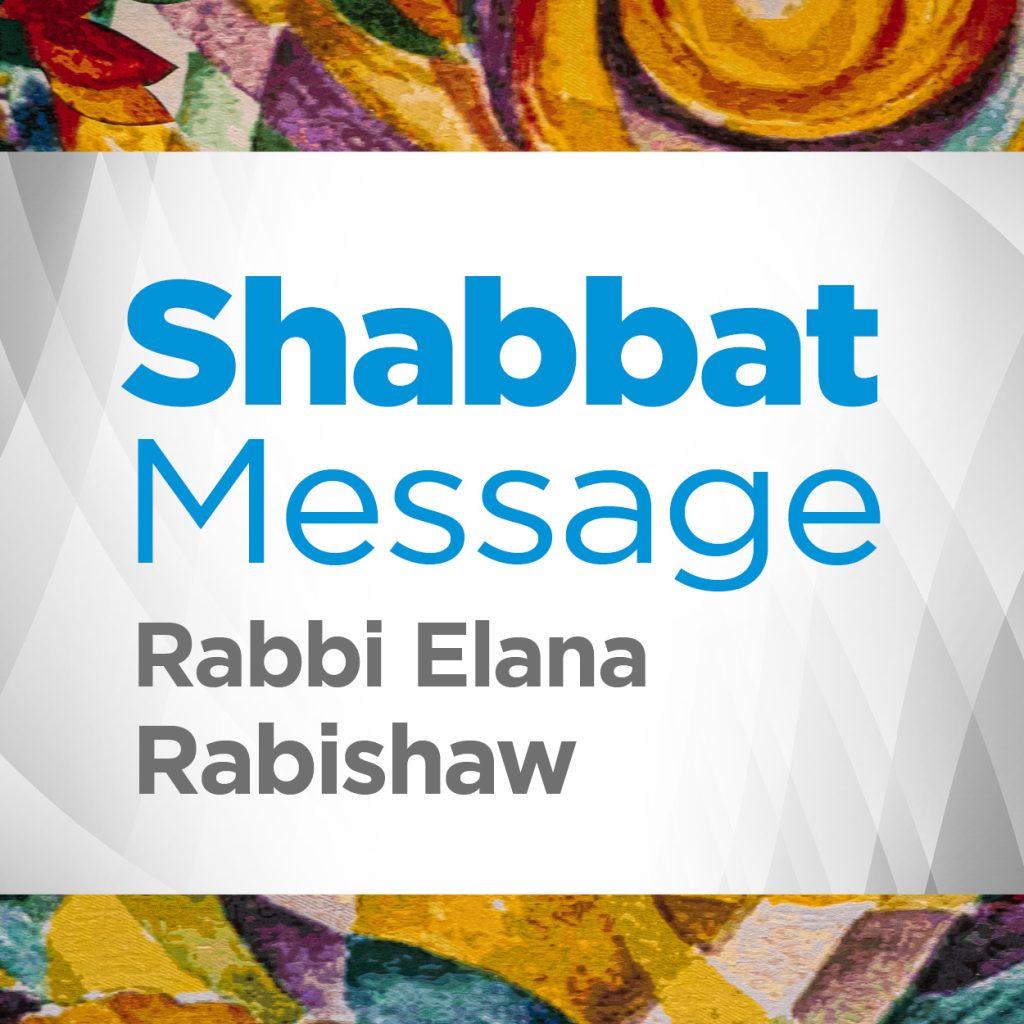This past week, I had the opportunity to witness the Broken Wand Ceremony. The Broken Wand Ceremony is a tribute that is done for a magician at the time of their funeral.
A fellow magician conducted the ceremony. After a few words, the magician made a wand magically appear and abruptly broke the wand in half.
“The wand in story and symbol is an ancient conjuring representation of mystery. To the uninitiated, it is but a piece of wood. This wand without the magician is now useless. The magic that infused itself into the life of performing on this earth is now broken and joined with the magic of the eternal,” he said.
Wow. I sat there in stunned silence letting these words sink in. In reminding us the wand that had magically appeared a minute earlier was just a piece of wood without the magician, he conveyed a powerful message.
The world is full of objects. Our choice as a human being is to decide how to utilize them to bring delight and meaning.
In this week’s Torah portion, Pinchas, a group of sisters, the daughters of Zelophehad, understand this very same idea, that human connection to the non-human can have abundant power and meaning.
In Numbers 27, the daughters of Zelophehad approach Moses because their father has died and there are no sons, the traditional heirs of a family’s inheritance. And, in the way magic takes advantage of what you don’t see as much as what you see, the same can be said for this moment in Torah. There is much beneath the surface of these daughters’ request that is infused with abundant power and meaning.
Numbers 27:1-7 reads “The daughters of Zelophehad, of Manassite family—son of Hepher, son of Gilead, son of Machir son of Manasseh, son of Joseph—came forward.
The names of the daughters were Mahlah, Noah, Hoglah, Milcah, and Tirzah. They stood before Moses, Eleazar the priest, the chieftains, and the whole assembly, at the entrance of the Tent of Meeting, and they said, “Our father died in the wilderness. He was not one of the faction, Korah’s faction, which banded together against Adonai, but died for his own sin; and he has left no sons. Let not our father’s name be lost to his clan just because he had no son! Give us a holding among our father’s kinsmen!”
Moses brought their case before G-d. And G-d said to Moses, “The plea of Zelophehad’s daughters is just: you should give them a hereditary holding among their father’s kinsmen; transfer their father’s share to them.”
On the most basic level, in this patriarchal society of the ancient Israelites the fact that these women are named, given a place to voice their request and have that request granted is a novelty in itself. But, even greater than that is the bravery, hope and belief that lie in the daughters’ request.
Like the magician’s wand in magic, land in Judaism holds a powerful symbol. Land is often tied up with inheritance, land is fought over around the world, particularly in the Middle East and I don’t need to tell you that in this real estate market, the value tied to land is tremendous.
But at this juncture in the wandering, the children of Israel have not yet arrived in the Promised Land. In addition, all along the 40 years of wandering, there have been grumblings from the Israelites that it would be better to go back to Egypt.
The known world of Egyptian slavery is less daunting than the unknown that lies ahead in the Promised Land. But for the daughters of Zelophehad, the land of Israel they would enter at the end of 40 years of wandering was, from their actions, outlook and point of view, infused with life.
Their love of the land comes through in this request that shows no nostalgic, delusional place for Egypt in the Jewish future. It is the Holy Land or bust. Their request for the land of their father who has no sons, is not only a feminist victory, but a lesson to the larger Israelite community that those who are grumbling about the desire to return to Egypt have a lot to learn from these daughters of Zelophehad and their future focused request.
And in there lies the magic. Not the magic of the wand. But the magic of hope. The magic of an outlook that sees beyond the immediate reality of the wandering people to an enduring future in a promised land.
Shabbat Shalom,

Rabbi Jessica Spitalnic Mates
Temple Beth El of Boca Raton









